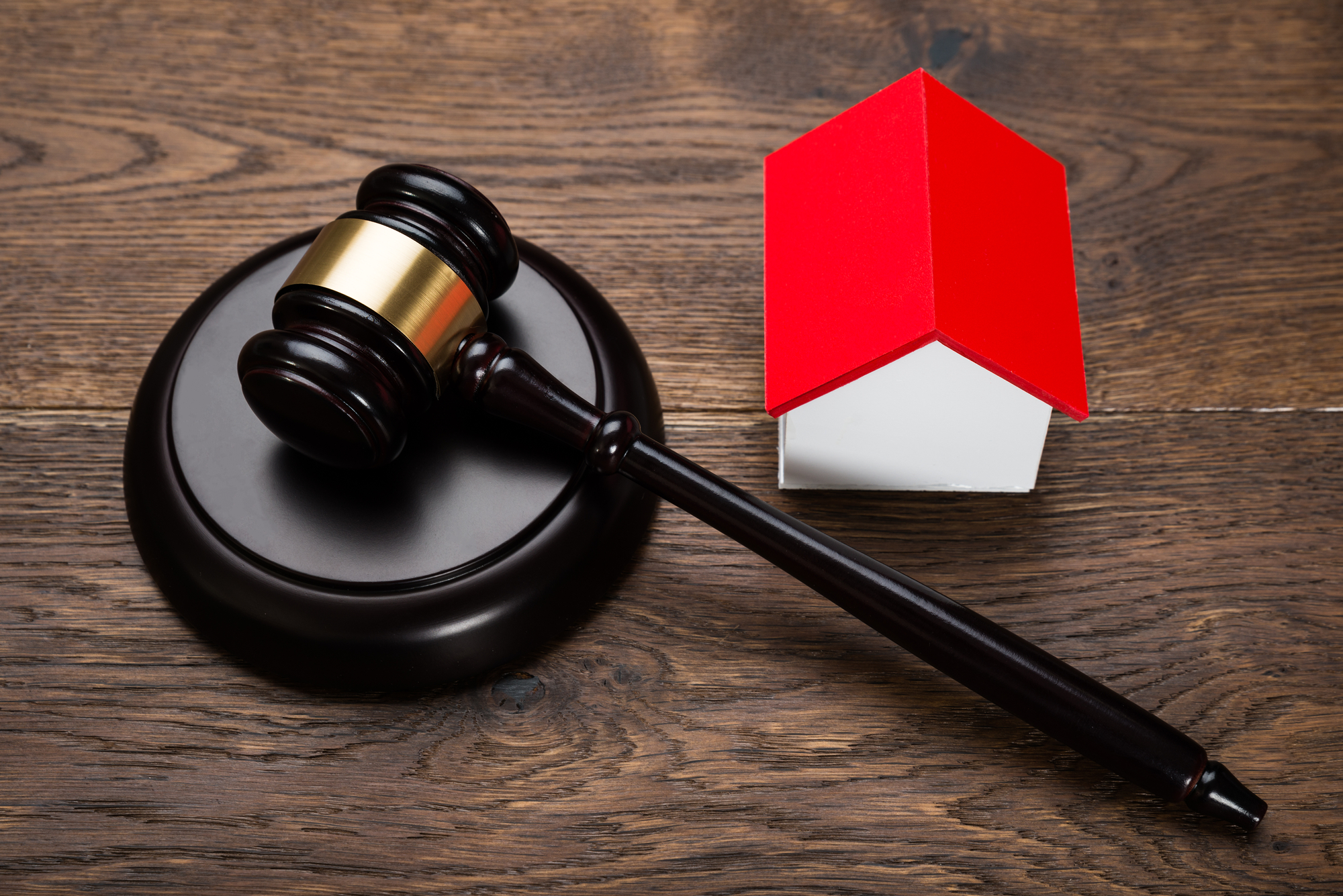Recovering delinquent fees and assessments from members of a condominium or single-family HOA can be frustrating. Nevertheless, it’s an essential process that your organization may need to go through to pay your bills and keep your community operating efficiently. Yet, no matter what you do, some members will fall behind on their fees and refuse to pay. In these cases, an HOA foreclosure may be necessary.
What is an HOA Foreclosure?
A foreclosure is a civil action pursued by an HOA board to recoup debt owed by a homeowner. Generally, HOA boards follow foreclosure only after they have exhausted all other remedies, including placing liens on the property.
In Texas, HOA foreclosures can be judicial or non-judicial, with different rules governing condominium and single-family HOAs.
Why Do Foreclosures Happen in an HOA?
Non-payment of assessments and fees can trigger the HOA foreclosure process. Homeowners may often have financial problems and believe they are safe from foreclosure if they pay their mortgage.
At other times, owners may refuse to pay assessments and fees because of disputes involving their home or someone else’s property. They may claim unfair treatment from the HOA or withhold payments because they feel that the HOA has not done its part to maintain the community.
How Does the HOA Approach a Foreclosure?
The first step in determining whether to foreclose on an HOA property is to refer to your declaration and other restrictive covenants, which should outline the terms and conditions required to initiate the process.
Many declarations indicate that your organization must place a lien against the homeowner first to repay overdue fees and assessments. Although this step is not mandatory, you can record the lien with the county records office. Homeowners can remove liens by settling the debt, including the original assessment amount, associated fines, interest, etc., and even attorney’s fees. Always refer to your HOA documents to ensure that your organization complies with the stated process.
In addition to reviewing your operating documents, check the Texas Property Code, which has specific requirements that you must strictly adhere to if a condominium or subdivision HOA intends to exercise its authority to foreclose on a property under its jurisdiction. Attorneys should review all documents to ensure that you are correctly following the process.
If your association places a lien against the homeowner, you should serve notice of the lien upon the owner, thereby giving them a chance to repay the past dues. The lien must include a legal description of the property, the name of the owners on record, and the total amounts due to the HOA at the time of the notice. Reasonable fines and lawyer fees may be included in the lien expense total.
If a foreclosure sale occurs because the owners still refuse to pay, your HOA has the right to bid on the home. Delinquent homeowners receive a redemption period from the date of the post foreclosure notice to pay all past assessments, plus additional costs, to redeem their property.
How can Manning & Meyers Help Make the Foreclosure Process Smoother?
An HOA foreclosure can be fraught with pitfalls as your association must follow many rules and laws. Before settling on foreclosure, consider having our firm review all records to ensure that assessments and other fees were appropriately levied.
One mistake could result in a lawsuit filed by the homeowner. Errors in the collection process, which often lead to lawsuits, substantially hamper the collections process.
Proceeding with a wrongful foreclosure could result in additional problems, including a possible requirement to pay damages to the property owner. Even if you follow every step correctly, there is no guarantee that the property owner won’t file a lawsuit against the HOA after the process has finished.


